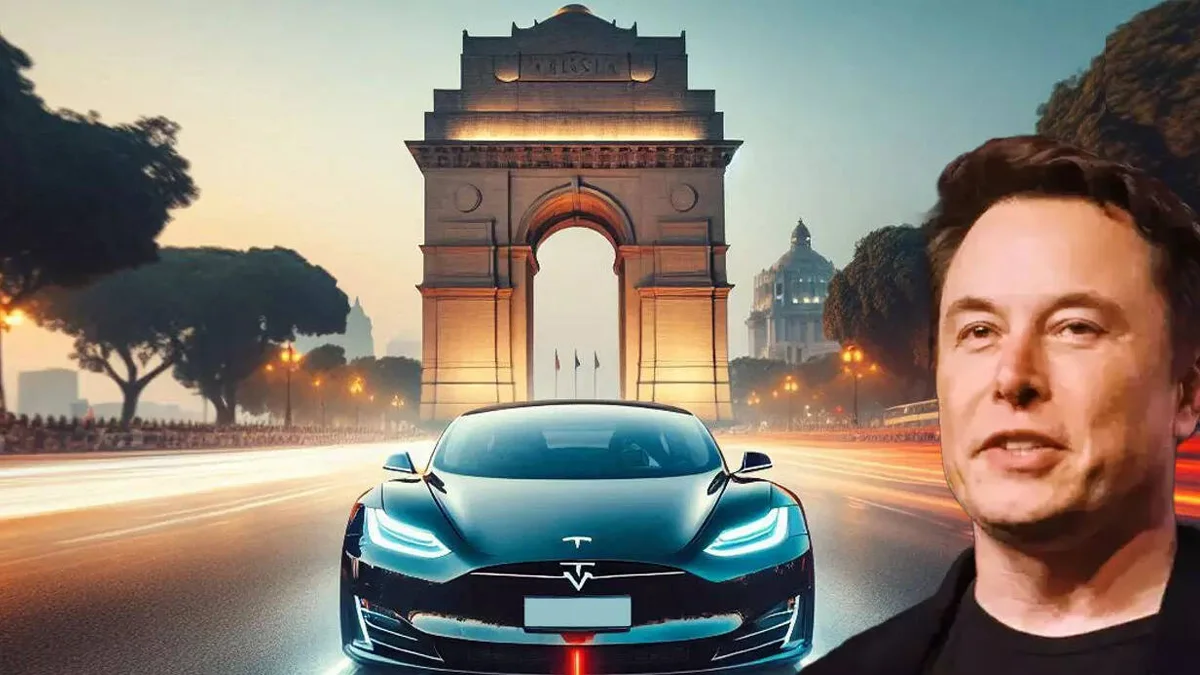Necessary Always Active
Necessary cookies are required to enable the basic features of this site, such as providing secure log-in or adjusting your consent preferences. These cookies do not store any personally identifiable data.
|
||||||
|
||||||
|
||||||
|

While the demand for electric vehicles (EVs) is on the upswing worldwide, Tesla is now aggressively seeking to solidify its chip supply chain. The most recent development involves Tesla’s semiconductor partnerships in India as a major leap toward expanding its global presence.
Business World reported that the EV manufacturer is in talks with US-based memory chipmaker Micron, India’s CG Semi, and Tata Electronics. Through this, Tesla is looking to diversify it’s chip sourcing strategy in India
India’s growing electronics and semiconductor ecosystem is becoming increasingly attractive to global companies. Tesla’s approach signals its interest in tapping into this momentum to meet the rising chip demands of its electric vehicles.
EV operation relies on semiconductors because they activate both battery management systems and autonomous driving functionality. The global chip deficit together with intensifying geopolitical stress requires Tesla to establish a new supply chain based on reliable local networks.
The semiconductor supply for Tesla’s EV production is a crucial part of its expansion plans. By exploring ties with Indian players like Tata Electronics and CG Power’s chip unit CG Semi, Tesla is looking for cost-effective and scalable chip solutions that can keep up with its innovation and production needs.
Micron is constructing a new facility in Sanand, Gujarat, which will be used to assemble and test top-notch chips that are employed in automobiles. While CG Semi is a Joint Venture between Renesas and Thailand-based Stars Microelectronics. These will be used to undertake chip assembly and testing on behalf of clients across the globe. Tata Electronics is also advancing plans to develop facilities for chip packaging and manufacturing , particularly for components utilized in electric vehicles.
These Indian facilities will primarily make chips of the older generation, from 28nm to 65nm. Such chips are still extremely critical to EVs, driving battery systems, safety control, and infotainment systems.
This step aligns with Tesla’s global supply chain strategy. India is emerging as a suitable destination for Tesla’s long-term manufacturing and sourcing needs. This is due to government backed semiconductor missions, talented workforce, and emerging technology infrastructure,
Companies such as Micron, CG Semi, and Tata Electronics not only gives Tesla access to advanced chip technology but also earns goodwill as the company considers entry into the Indian EV market. These Indian partnerships of Tesla in semiconductor business can be a precursor to further manufacturing units or R&D centers within the country.
Tesla’s ongoing discussions about semiconductor supply chain development demonstrate its commitment to building an improved and extensive semiconductor supply chain. Global technology providers together with automobile leaders are increasing their focus on Indian growth opportunities through their ongoing expansion plans in the nation.
The successful implementation of these business partnerships would enhance domestic semiconductor manufacturing and generate employment prospects and strengthen India’s standing in worldwide EV and chip industry networks.
As Tesla continues to innovate and expand, its plans for semiconductor partnerships in India may become a game-changer—not just for the company, but for the country’s position in the global tech supply chain.